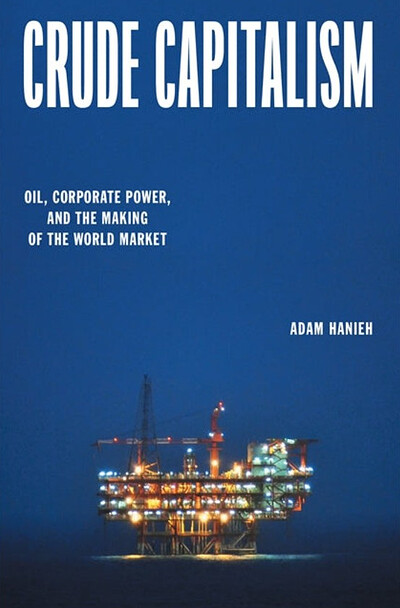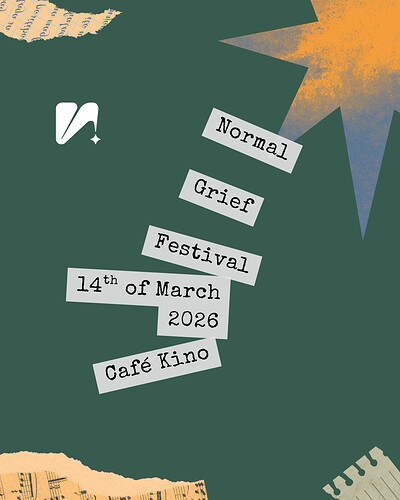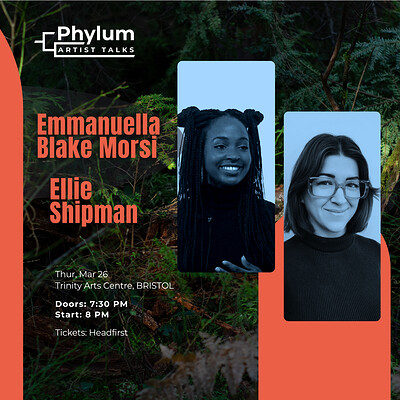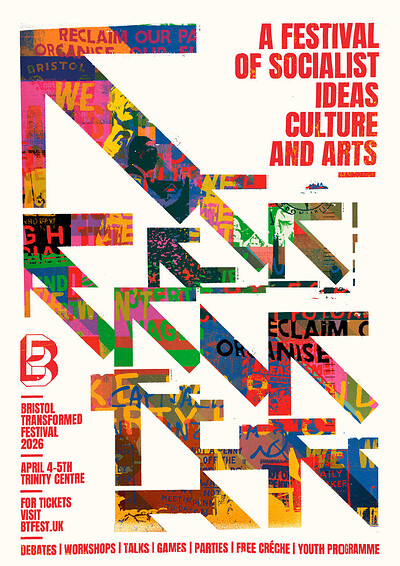
A event on Thursday 27th November. The event starts at 19:00.
Professor Adam Hanieh on his book *Crude Capitalism* (Verso), in conversation with Sean O' Brien (UoB). Part of EBB's Climate Talks series.
*Crude Capitalism* traces the hidden connections between oil and capitalism from the late 1800s to the current climate crisis. Beyond simplistic narratives that frame oil as 'prize' or 'curse', this expansive history uncovers the surprising ways that oil is woven into the fabric of our modern world: the rise of an American-centered global order; the breakdown of Empire and anti-colonial rebellion; contemporary finance and US dollar hegemony; debt and militarism; and the emergence of new forms of synthetic consumption. Much more than an energy source or transport fuel, oil has a foundational place in all aspects of contemporary life - no challenge to the fossil fuel industry can be effective without taking this fact seriously.
*Crude Capitalism* maps the varied geographies of oil, including the rise of OPEC, the importance of revolutionary and Post-Soviet Russia, the crucial role of African upstream reserves, and the new petrochemical circuits that link the Middle East, China, and East Asia. The book provides an original and fine-grained empirical analysis of corporate ownership and control, including refining and petrochemicals.
By exposing these structures of power and placing oil in capitalism, the book makes an essential contribution to debates around oil-dependency and the struggle for climate justice.
‘The world's leading scholar of oil gives us a majestic account of how it became our daily bread. Read and run for your life.’ - Andreas Malm
‘"The trail of the serpent reaches into all the practices of man," said Ralph Waldo Emerson, of chattel slavery, and "requires a certain shutting of the eyes." So too today does oil. It's everywhere and that's why everything feels greasy. Adam Hanieh's excellent *Crude Capitalism* forces us to unshut our eyes, to see the way fossil fuels penetrate all aspects of modern society, both concrete and abstract. An important book.’ - Greg Grandin
‘Adam Hanieh is essential reading for anyone hoping to understand the role of oil in the global economy. In *Crude Capitalism* he has provided a field guide for navigating the difficult terrain in which we now find ourselves: situated between an accelerating climate crisis and an economy structured around fossil fuels. His insightful dissection of the often invisible ubiquity of fossil fuels in our lives - reaching far beyond energy into the food we eat, the clothes we wear and the medicines we prescribe - is integral to understanding not only why we remain so stuck in our fossil-addicted present, but critically how we might move beyond it.’ - Adrienne Buller
Wait no longer. At last, we have a critical history of petro-power that brilliantly links commodities, capital, and climate change. *Crude Capitalism* is a truly stunning book, tracking the history of oil through war, imperial rivalry, global finance, and world ecology. The result is an utterly compelling work, one we urgently need both to understand the world-and to change it.’ - David McNally
Adam Hanieh's analysis of *Crude Capitalism*, written in the tradition of Andreas Malm's now classic work *Fossil Capital*, provides a powerful historical account of how the world oil economy is inextricably connected both to contemporary capitalism and to the current climate crisis. Following the penetration of fossil fuels into every part of the modern capitalist mechanism, Hanieh demonstrates definitively that there are no partial solutions to the planetary emergency, only ecosocialist ones. - John Bellamy Foster
Bios:
Adam Hanieh is Professor of Political Economy and Global Development at the University of Exeter. He specialises in the political economy of energy, oil, and capitalism in the Middle East.
Sean O’Brien is Lecturer in XXth- and XXIst Century American Literature at the University of Bristol. His research explores precarity and secular stagnation, and their representation in contemporary literature and cinema.
-------
EBB Talks: Climate. Avoiding the end of the world, navigating the end of the month
In 2008, Mark Fisher popularised the idea that it’s easier to imagine the end of the world than the end of capitalism in his now-classic Capitalist Realism. In the years since, it has become ever-easier to imagine climate collapse than truly transformative solutions. So much of what is written, said and done about climate change is driven by the urgency of preventing ever-worsening climate impacts, imagined as “the end of the world.”
But climate activism and green politics don’t happen in a vacuum. They also need to navigate the paycheck reality of the end of the month, and the real-politik of the world as we find it, increasingly featuring climate-hostile far-right populism. As apocalyptic climate futures loom ever larger, systemic political change can feel less and less possible.
EBB’s Climate Talks ask what links the big, abstract questions around the end of the world with day-to-day concerns about making it to the end of the month. What role do energy, art, agroecology, food systems, policy and perhaps even (green) populism play in bringing the climate crisis into the kitchen table calculations of everyday life? In a series of events from autumn 2025 to summer 2026, East Bristol Books hosts authors, artists and specialists whose ideas give different windows into climate activism and politics in an era of populism, a prolonged cost-of-living crisis, and political upheaval.
Entry requirements: no age restrictions (under 18s to be accompanied by an adult over 21yrs, 1:1 ratio)
Entry requirements: no age restrictions (under 18s to be accompanied by an adult over 21yrs, 1:1 ratio)
Tickets for similar Bristol events.


